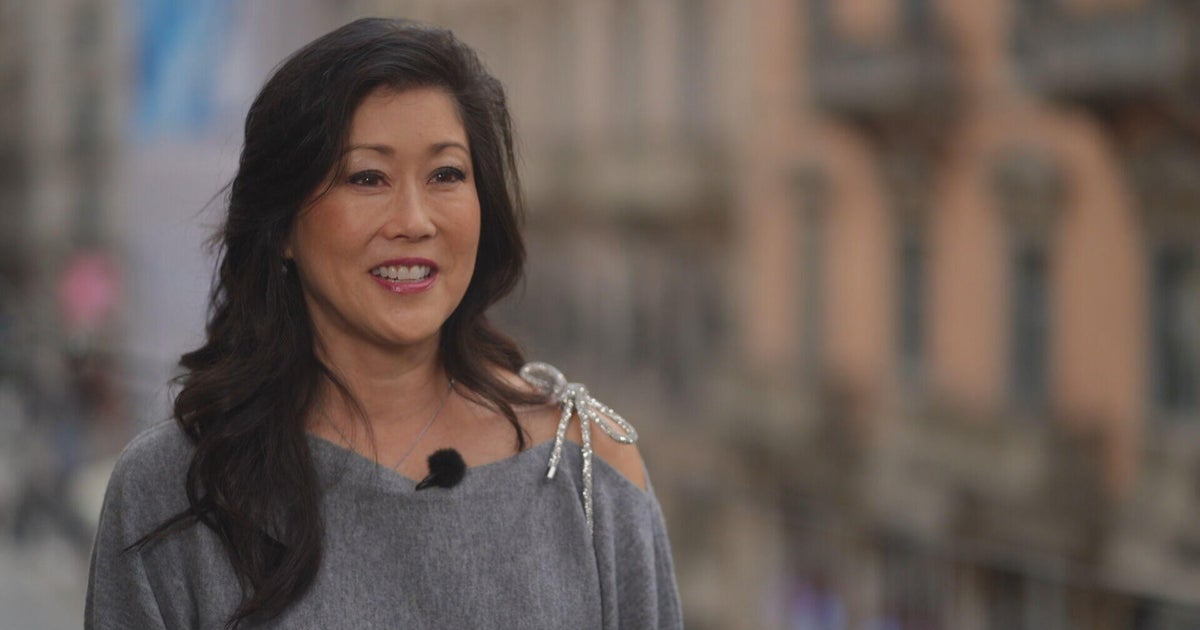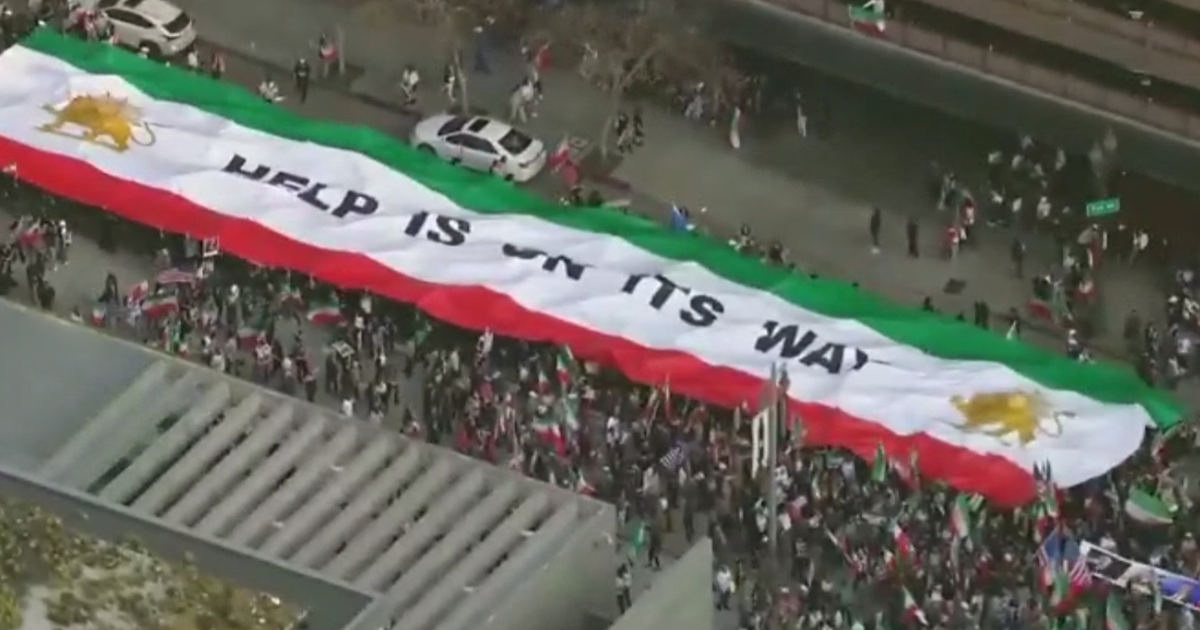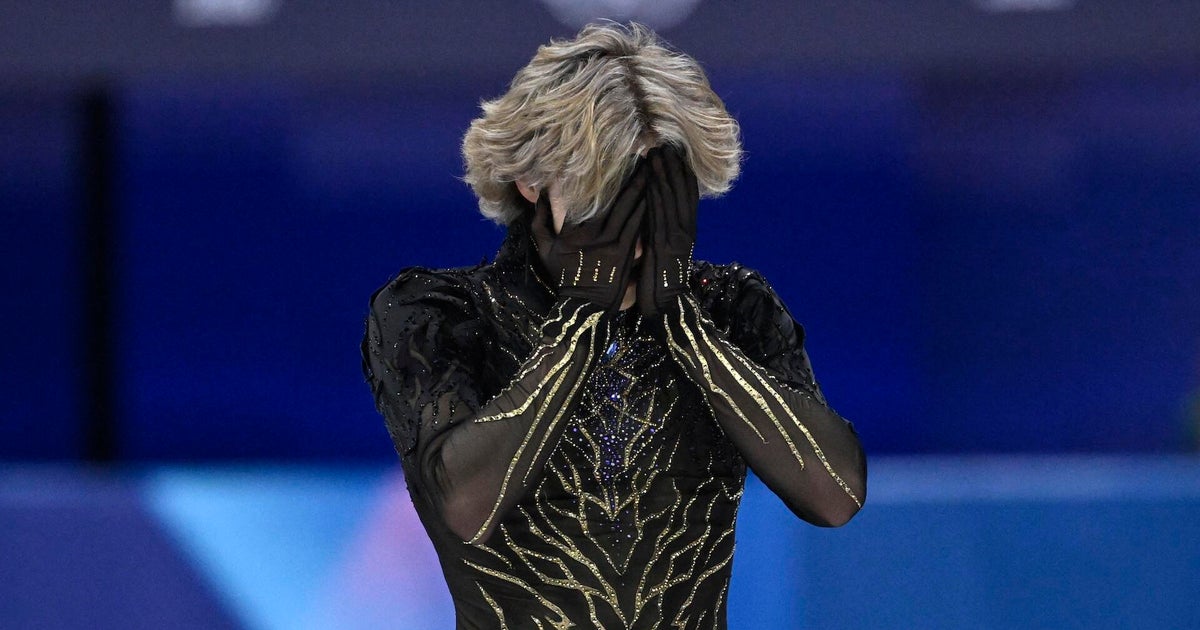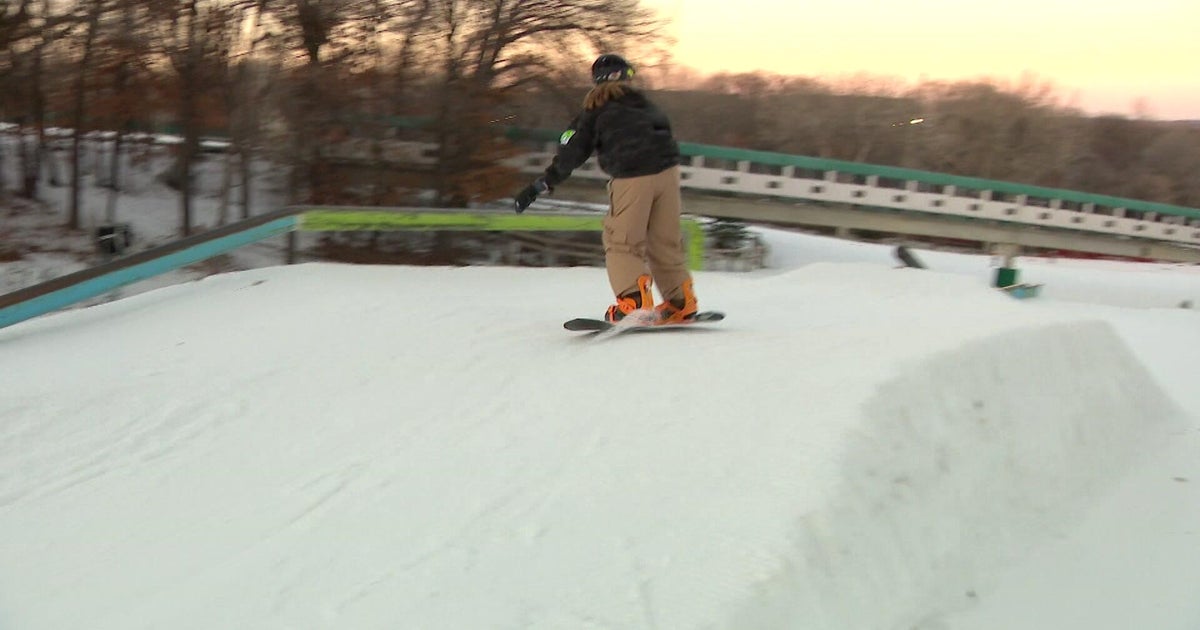The 6 Most Memorable Protests At Sporting Events
LOS ANGELES (CBSLA.com) — Colin Kaepernick is far from the first athlete or individual to protest social injustice at a sporting event.
His controversial kneeling during the National Anthem has certainly ruffled some feathers across the nation, but it's not even close to the most extreme protest the world has seen at a sporting event.
Let's start all the way back in 1913 with Emily Davison.
Davison was a hardcore women's voting rights activist who decided to make quite the statement at the 1913 Epsom Derby in England.
While the horse race was underway, Davison jumped onto the track just as the horses were about to pass where she was located.
Several horses passed her before she stood in the way and raised her hands in front of the King of England's horse, Anmer.
The horse struck Davison, sent her airborne, and eventually killed her four days later. It is said Davison was promoting the cause of women's suffrage.
Prior to her last protest and death, she had a history of being imprisoned and punished for activism geared towards women's voting rights.
Let's now go back a few years to the 1906 Intercalated Games, where Irishman Peter O'Connor took home the silver medal for the long jump.
Ireland did not have an Olympic committee at the time, so O'Connor was technically listed as from Great Britain.
This did not sit well with O'Connor, who during the flag raising ceremony, literally scaled the flagpole and replaced the British flag with that of Ireland's flag.
Fast forward to 1967 and the US has found itself immersed in the unpopular Vietnam War.
Boxing legend Muhammad Ali refused to be inducted into the U.S. Army and was thus immediately stripped of his heavyweight title.
Ali stated religious reasons as his primary objection, but was subsequently convicted of draft evasion, sentenced to five years in prison, fined $10,000, and banned from boxing for three years.
Just one year later, perhaps the most famous protest of all-time took place at the 1968 Olympics in Mexico City.
US sprinters Tommie Smith and John Carlos, who both won medals at the men's 200 meter race, took their places on the podium wearing black socks, no shoes, civil rights badges, and of course raising their arms giving the "Black Power" salute as the National Anthem played in the background.
Smith and Carlos were suspended from the U.S. team and ultimately banned from the Olympic Village.
Before Colin Kaepernick boldly took his stance (or seat) during the National Anthem, former NBA player Mahmoud Abdul-Rauf actually pulled the same move 20 years earlier.
Abdul-Rauf, playing for the Denver Nuggets at the time, refused to stand during the National Anthem, stating that the flag was a "symbol of oppression and that the United States had a long history of tyranny."
He added that standing for the Anthem would thus conflict with his Islamic beliefs.
The NBA suspended Abdul-Rauf for one game -- and later worked out a compromise, in which he would stand during the anthem, but close his eyes and look downward at the same time.
That brings us to 49ers QB Colin Kaepernick.
Some call it courageous, others cowardly, but regardless of how you feel about it, he's made headlines and his goal of bringing awareness to the social injustices across the country is already starting to pay dividends.
His own San Francisco 49ers already made a $1 million donation to charities that focus on racial issues, such as the Silicon Valley Community Foundation and the San Francisco Foundation.







